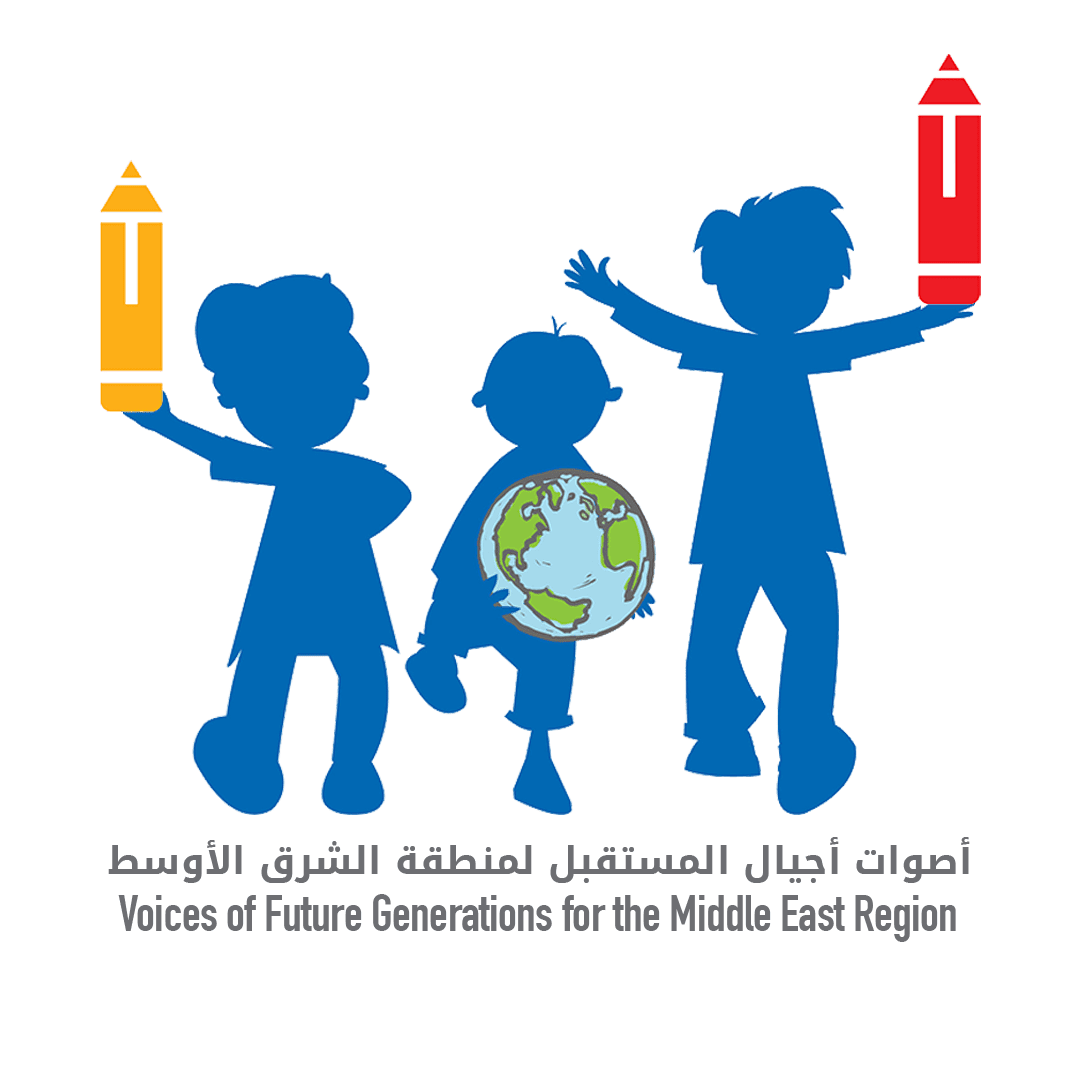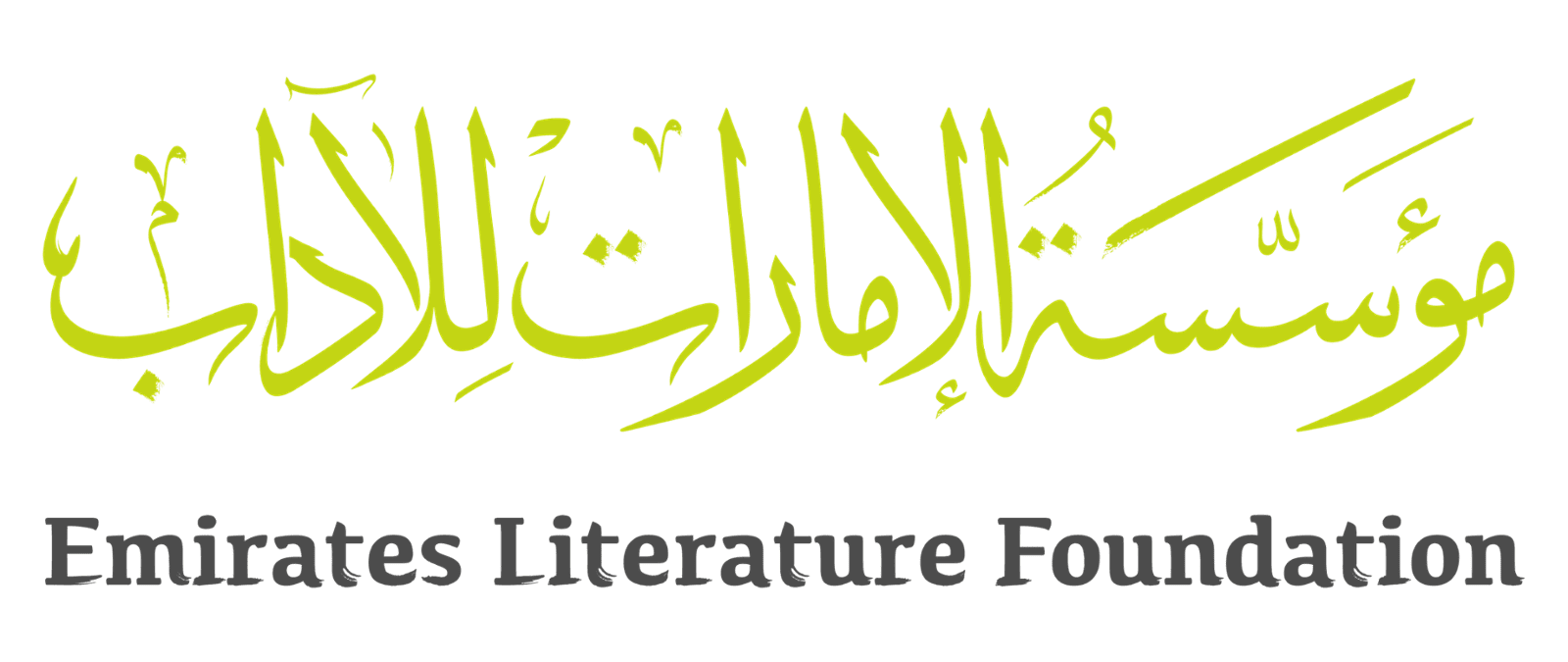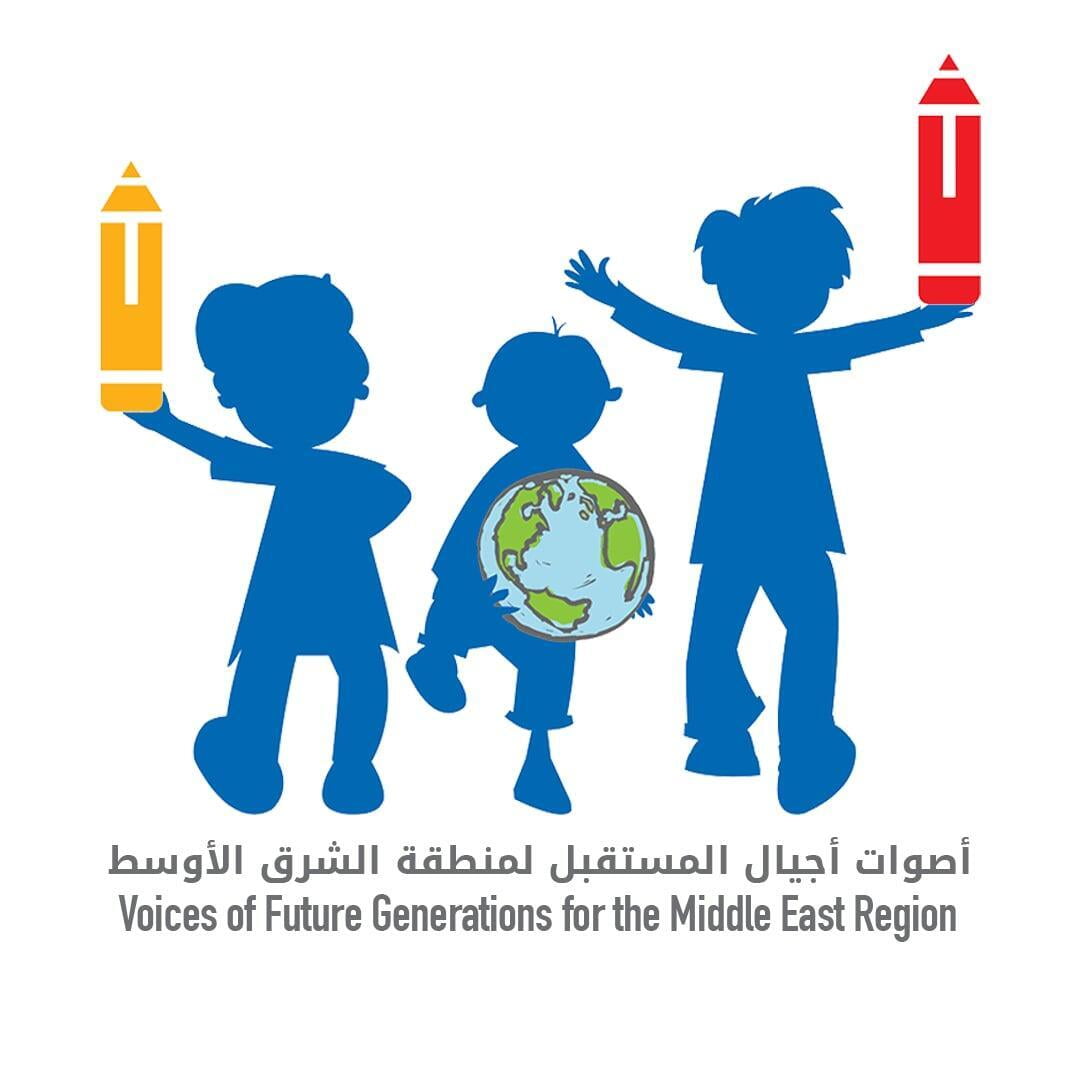Thriving Writers' Community Award
This award recognises schools that have fostered a dynamic, inclusive, and impactful writers' community for children. The initiative should align with the themes of the Voices of Future Generations (VoFG), focusing on the United Nations Sustainable Development Goals (SDGs) and Children’s Rights.
This award allows multiple people within one school community to share equal credit. The submission should be made by one teacher or coordinator on behalf of multiple people within the school and it will be evaluated as a team effort.
Who is eligible to apply for the award?
What are the guidelines?
- Applications open January 2025 and must be completed by the applicant teacher.
- Only the first application received will be considered, so be sure to include all relevant information and attachments.
- Follow the focus points shared in the application to ensure successful submission.
- Upload additional supporting evidence, such as photos, videos, and documents.
- The deadline for applications is June 30, 2025.
How is the award evaluated?
The award is judged based on the following criteria:
- Alignment with Themes (20%)
- Inclusivity and Participation (20%)
- Creativity and Innovation (20%)
- Community Impact and Outreach (15%)
- Sustainable Development of the Community (10%)
- Evidence of Impact (15%)
- Shared evidence that supports all claims made.
What is the Prize?
- The prize includes recognition for the teachers and the school, with an award that highlights their contributions to the Voices of Future Generations (VoFG) competition and programme.
- Winning team also receives prize money of AED 5,000, certificates, public acknowledgment in media and at the VoFG events.
- Additionally, the winning school’s writer’s community wins editorial feedback on any 2 stories of their choice submitted for review.





